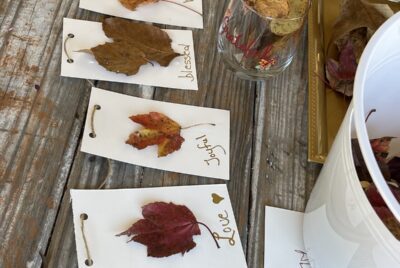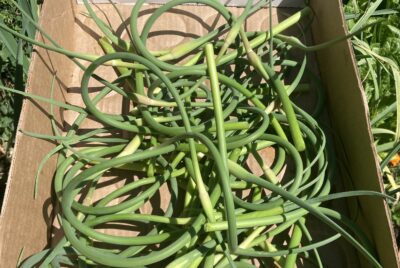RESEARCH
Measuring Nature-Based Health Interventions – A Rapid Review of Instrumentation and Outcomes
Summary
This study looked at how nature-based activities are being used to help people with different health issues, both physical and mental. The researchers wanted to see what kinds of activities are being used, who is participating in them, what health areas are being targeted, and how the effectiveness of these activities is being measured. To do this, they reviewed a large number of research articles published between 2010 and 2020, focusing on studies that used specific tools to measure health outcomes related to nature-based activities. They looked at different natural settings like gardens, water areas, city green spaces, wild nature, and camps.
The review found that most of the research focused on how nature-based activities can improve mental health, though physical health and healthy eating were also examined. These activities took place in various settings and involved different groups of people, from children to older adults. A large number of different tools were used to measure the impact of these activities, but only a small fraction of these tools were specifically designed to assess nature-based interventions. The most common settings for these studies were urban green spaces, gardens, and camps.







